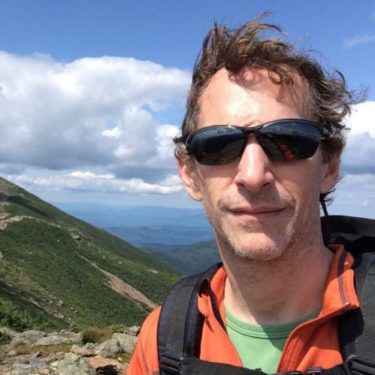
I grew up in Cambridge and was fortunate to have a father who instilled in us a deep love of the outdoors. He was an avid rock climber in the 1940s and 50s in New England – and in the “’Gunks” and Bugaboos – and together we spent time hiking in the mountains and boating, fishing and clamming in the estuaries of Orleans, Massachusetts.
Like many people, I probably took the accessibility and preservation of natural areas for granted as a kid. Nearby were parks at Fresh Pond and the Charles River and the mountains and the Cape were only a few hours away. The threats at the time seemed distant – bald eagles heading for extinction, oil spills off Santa Barbara, and the Cuyahoga River fire – it all seemed like it couldn’t happen here.
It was in the early days of the Boston Harbor clean-up that I first understood CLF’s critical work. I became aware of the need to use the law to preserve, restore, sustain and improve natural areas and ecosystems as well as expanding them and making sure they are accessible to everyone regardless of means.
Government is not always the answer, and private interests at times actively degrade the environment. What’s required is a counter-force for both, and CLF has filled that important role – whether forcing the harbor clean-up while expanding its accessibility; requiring public transit as a condition of the Big Dig; or facing off against powerful fossil fuel interests.
I am proud to have collaborated with CLF staff in 2012 to present a documentary I produced about West Virginia coal-country at colleges, schools, and foundations to support their work shutting coal plants in New England. And more recently, we have been discussing an environmental justice opportunity at a neglected brown-field in Cambridge where the vision is to create a new accessible natural reservation adjacent to thousands of affordable housing tenants.
A strong regional focus and a deep understanding of what helps make communities and people healthy, coupled with a strategic view set CLF apart from other organizations. As someone who works in clean energy and impact investment, while doing pro bono work to make natural areas more accessible for marginalized communities, I appreciate that CLF takes the long view, working with a tenacious spirit and resolve on behalf of the environment for the benefit of our collective health and well-being.
